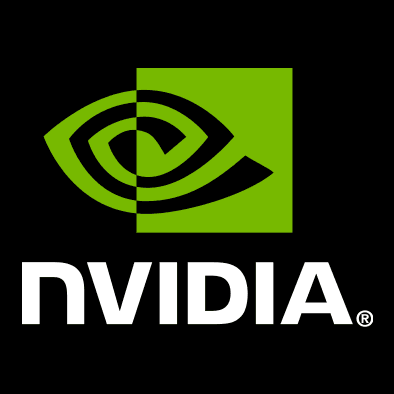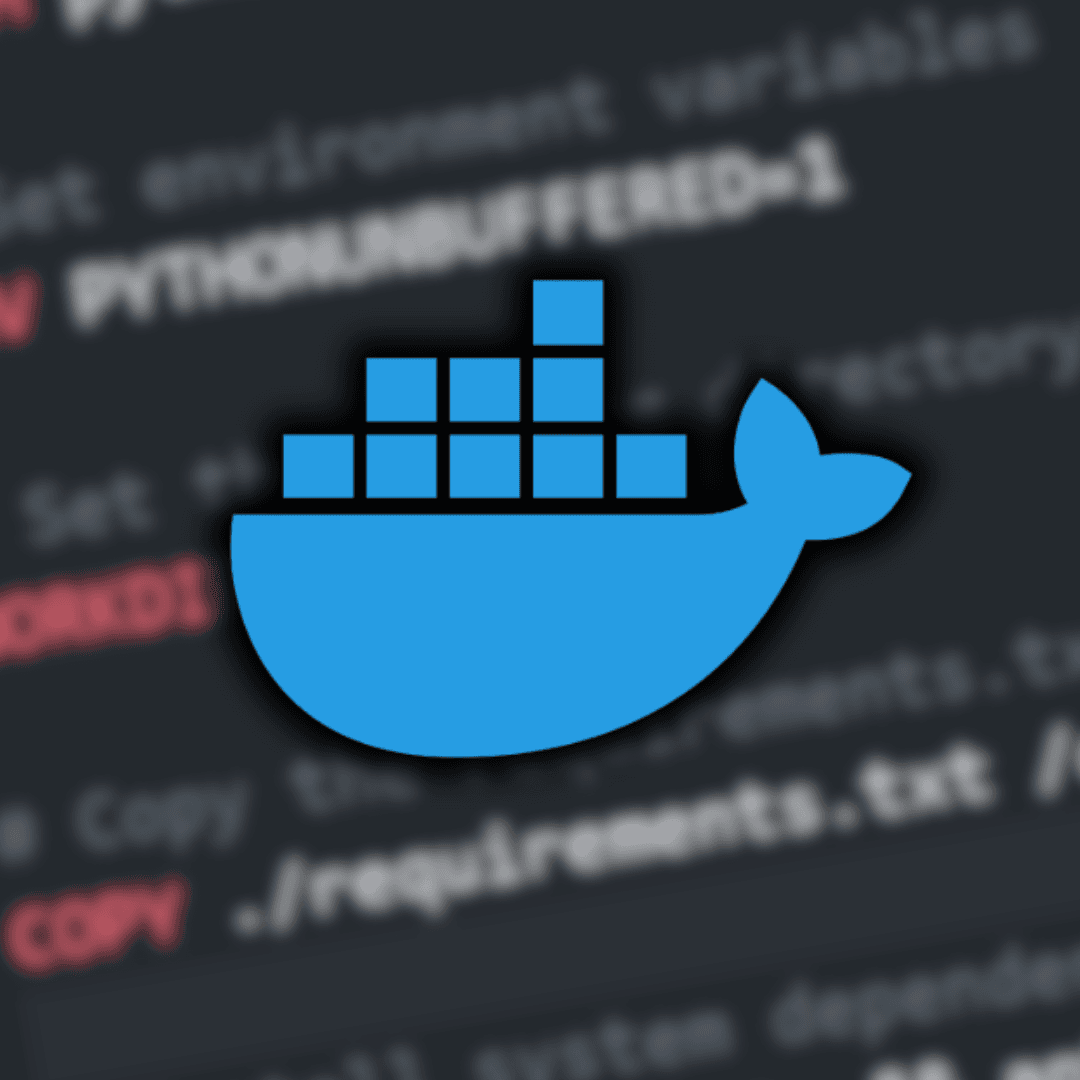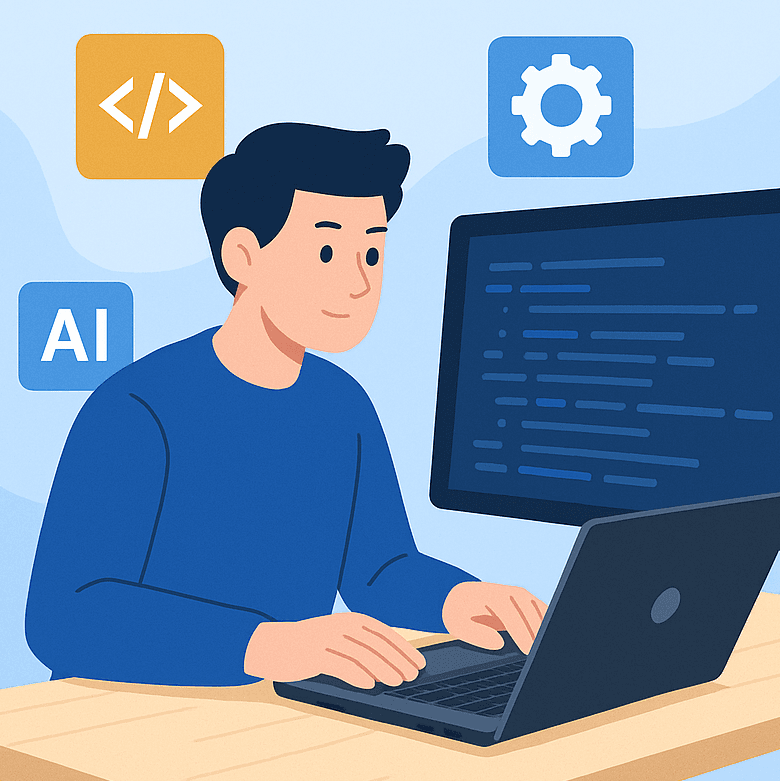OpenAI Introduces Codex CLI: Revolutionary Local AI Coding Assistant for Developers
OpenAI has unveiled Codex CLI, a powerful AI-powered coding tool that operates directly in the terminal. Designed for developers, this local agent can write, edit, and execute commands without needing to send sensitive code to the cloud—combining privacy with productivity.

OpenAI has launched Codex CLI, a cutting-edge AI development assistant that runs entirely on the command line. This tool is tailored to developers who prefer coding directly in the terminal and want the benefits of AI-assisted coding without compromising code security.
Unlike cloud-based tools, Codex CLI ensures your code remains on your device. It can write, debug, edit, and execute code locally, making it ideal for software engineers, DevOps teams, and system administrators seeking to streamline their workflows without sacrificing privacy.
Key Features of OpenAI Codex CLI:
- Local Execution with Privacy Focus: Codex CLI operates within the local development environment, meaning all command executions and file edits happen on your machine. This removes the risk of uploading proprietary or sensitive code to the cloud.
- Flexible AI Model Support: By default, Codex CLI uses the efficient o4-mini model for quick operations, but developers can also opt for more powerful models like o3 through the OpenAI API.
Also Read: ChatGPT's New Image Generation Capabilities: A Game-Changer in AI Creativity
Modes for Control & Safety:
- Suggest Mode: Offers non-intrusive suggestions.
- Approval Mode: Asks for user confirmation before making changes or executing commands.
- Developer Productivity Boost: Whether it's renaming multiple files, writing test cases, setting up server configurations, or debugging, Codex CLI streamlines repetitive and complex tasks through natural language instructions.
- Open Source and Community Driven: Developers can access the full source code via GitHub, contribute to the project, or customize the assistant for specific workflows.
OpenAI API Grant to Support Innovation
To encourage widespread adoption, OpenAI has also announced a $1 million grant program. Selected developers will receive $25,000 in OpenAI API credits to explore and expand AI integration in development tools and platforms.
Why Codex CLI Matters in 2025
As AI tools for developers continue to evolve, OpenAI’s Codex CLI stands out by combining AI-powered automation with local control and privacy. It reflects a growing demand for intelligent development assistants that can integrate into native environments without sacrificing security.
Developers and tech teams looking to accelerate coding efficiency while keeping their intellectual property safe should consider trying Codex CLI.
You can get started or contribute via the official GitHub page.
You may also like

Modi-Musk Talks Spark Excitement Over India-U.S. Tech Collaboration
Summary
Read Full
open_in_newPrime Minister Narendra Modi and Elon Musk recently held discussions focused on future collaboration in technology and innovation. Their conversation explored opportunities across electric vehicles, satellite internet, and space technology. Musk also confirmed plans to visit India later this year, signaling growing alignment between India and global tech giants.

Nvidia's Strategic Challenge: AI Chip Leader Faces Setback Amid U.S.-China Trade Pressures
Summary
Read Full
open_in_newNvidia, a global leader in AI chip technology, is grappling with new U.S. export restrictions that affect its custom-designed H20 chip for China. With the revised rules halting shipments without a special license, Nvidia could see a $5.5 billion hit to revenue. This development highlights the growing geopolitical tensions surrounding advanced technology and their impact on semiconductor firms.

Summary
Read Full
open_in_newOpenAI has successfully raised $40 billion in a landmark funding round, pushing its valuation to an impressive $300 billion. With investments from SoftBank, Microsoft, and other major players, this funding aims to accelerate AI research, expand computing infrastructure, and enhance user tools for ChatGPT’s growing audience. The investment solidifies OpenAI’s dominance in the artificial intelligence industry and fuels its ambitions to develop next-generation AI systems.

ChatGPT's New Image Generation Capabilities: A Game-Changer in AI Creativity
Summary
Read Full
open_in_newArtificial intelligence is revolutionizing creative industries, and OpenAI's ChatGPT has taken a significant leap forward with its new image generation capabilities. This powerful feature allows users to generate high-quality images from text prompts, making it an essential tool for designers, marketers, content creators, and businesses. In this article, we’ll explore how ChatGPT's image generation works and share the best tips for generating stunning images.

H3C Warns of Nvidia AI Chip Shortage as Demand Surges in China
Summary
Read Full
open_in_newChinese server manufacturer H3C has cautioned customers about an impending shortage of Nvidia's H20 AI chips due to soaring demand and supply chain disruptions. As major Chinese tech giants like Tencent, Alibaba, and ByteDance continue expanding their AI capabilities, the increasing demand for these chips has intensified concerns about limited availability. This potential shortage highlights broader supply chain challenges amid ongoing geopolitical tensions affecting semiconductor exports.

BlackRock Introduces First Bitcoin Exchange-Traded Product in Europe
Summary
Read Full
open_in_newBlackRock, the world's largest asset manager, has launched its inaugural Bitcoin exchange-traded product (ETP) in Europe. The iShares Bitcoin ETP is listed on exchanges in Paris, Amsterdam, and Frankfurt, providing European investors with a regulated avenue for cryptocurrency exposure. This move follows the success of BlackRock's similar offerings in the United States.

Ant Group's AI Breakthrough Using Chinese Chips Sparks Praise Amid Global Tech Tensions
Summary
Read Full
open_in_newAnt Group, a fintech affiliate of Alibaba, claims to have cut AI training costs by 20% using Chinese-made chips. This breakthrough has drawn attention as a sign of China’s growing self-sufficiency in AI and semiconductors, with entrepreneur Arnaud Bertrand stating it shows China has effectively countered U.S. chip sanctions. The move highlights Beijing’s progress in reducing reliance on foreign technology amidst ongoing global tech competition.
Post a comment
Comments
Most Popular



























































































































